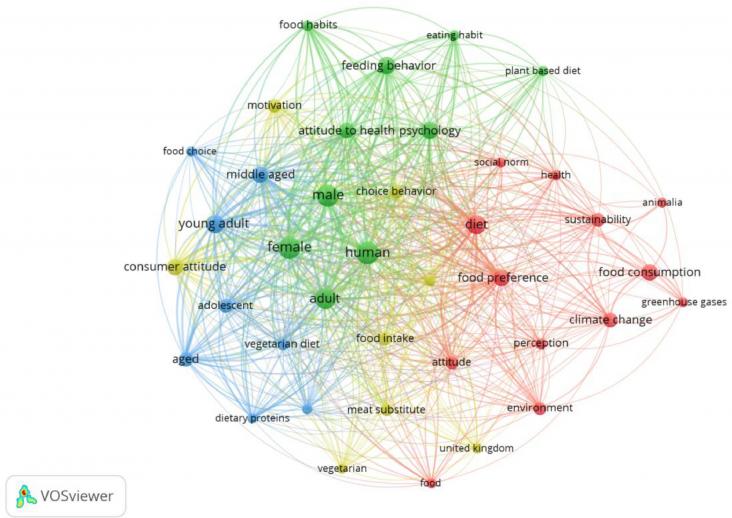Circular economy has provided the possibilities for recycling and sustainable management of plastic wastes.
Limiting food waste for more sustainable consumption.

By studying species' responses to extreme climate events, a conceptual framework for predicting ecological recovery in terrestrial ecosystems is proposed.
This Article supports SDGs 3 and 13 by assessing sea level data for groups of coral. The presence of a shallow-water reef established up or down-slope is indicative of a rapid change in sea level.
This Review supports SDGs 5 and 13, analysing the evidence on the effect of extreme weather events on gender based violence. Concluding that the increases in gender based violence during or after such events is linked to various factors, including economic instability, mental stress, and disrupted infrastructure.

The Paris Agreement goal of stabilizing temperature below 1.5C calls for a reduction of global energy consumption. Energy Efficiency policies are necessary but not sufficient to reduce energy consumption. Energy Conservation and Energy Sufficiency Policies complement Energy Efficiency policies, together they can reduce energy demand. The article presents some existing and new policies which address sufficiency. There is the need for coherent policy package with different types of policy instruments addressing efficiency and sufficiency.

Several studies have indicated that a global reduction in meat consumption is inevitable for sustainability and public health, despite the challenges inherent to changing eating habits.
The availability of food is the basic entity for the survival of human. The resources that make a nation food secured is guided by multiple factors and can be evaluated using a set of indicators.


